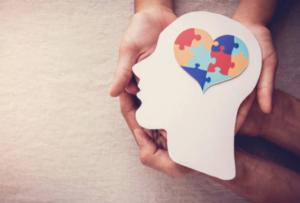For people with brain injury and their families, cognitive problems may be the greatest barrier to returning to “normal” life. These difficulties involve memory, attention, social behavior, safety judgment, and planning and carrying out future actions. They affect a person’s ability to care for himself, keep appointments, complete tasks, or interact with people appropriately. At stake is the person’s ability to succeed at work, school, or home. Without treatment for cognitive problems, the long-term effects can be devastating.


What is Cognitive Rehab?
Cognitive rehabilitation therapy (CRT) refers to a group of therapies that aim to restore cognitive function after a brain injury. There are many different types of CRT.
There are two different approaches to CRT: restorative and compensatory.
Cognitive Rehab Treatment
Ideally, cognitive assessment to evaluate level of alertness, orientation to surroundings, and memory of recent events begins from the moment someone with a brain injury is admitted to the hospital. With moderate or severe cognitive impairments, individuals may receive CRT during an inpatient rehabilitation program and then be discharged to an outpatient setting for further treatment. The treatment team and discharge coordinator typically make recommendations about the treatment setting and type of provider that will be most effective in working with the kinds of cognitive problems that the individual displays.
